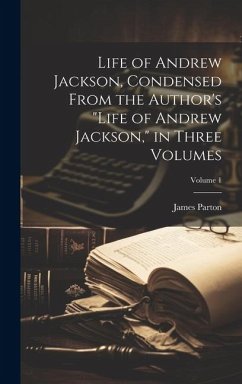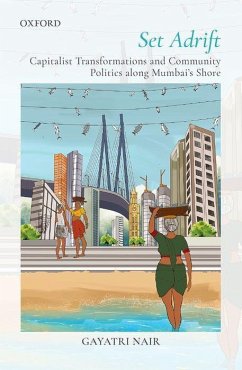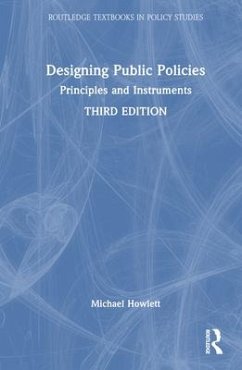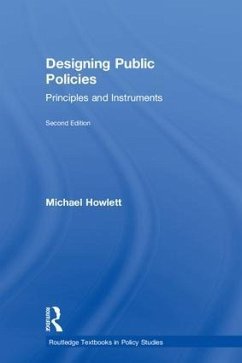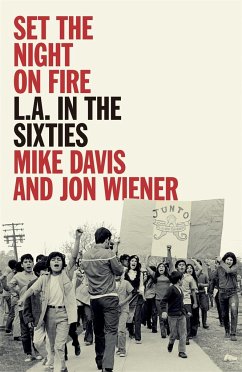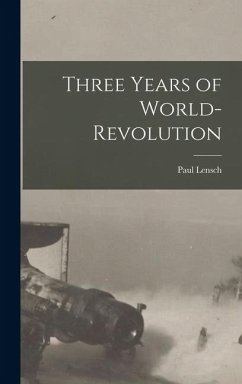Nicht lieferbar
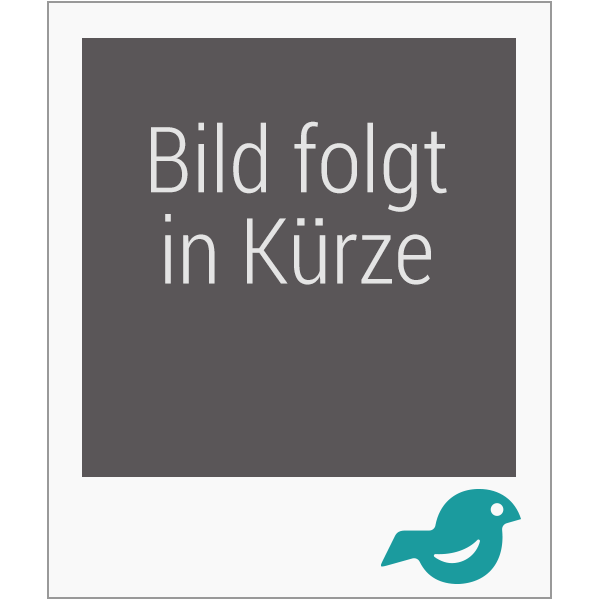
Life-Modes in a Changing World Order (Three Volume Set)
The Neoculturation of Life-Modes in a State System Under Transformation
Versandkostenfrei!
Nicht lieferbar
Why is the world order always under transformation? Life-Modes in a Changing World Order describes how the formation of people's distinct cultural life-modes and the states' distinct defence modes contribute to the continuous and uneven transformation of the state system. Elaborating the concept of 'neoculturation', this work analyses how people strive to sustain, improve, and defend the conditions of existence of their own life-modes - with the unintended result that these modes are changing. It scrutinises how, when, and why the neoculturation of each life-mode is also changing the condition...
Why is the world order always under transformation? Life-Modes in a Changing World Order describes how the formation of people's distinct cultural life-modes and the states' distinct defence modes contribute to the continuous and uneven transformation of the state system. Elaborating the concept of 'neoculturation', this work analyses how people strive to sustain, improve, and defend the conditions of existence of their own life-modes - with the unintended result that these modes are changing. It scrutinises how, when, and why the neoculturation of each life-mode is also changing the conditions of existence for the other life-modes with which it coexists - and the society these form together. The neoculturation concept is part of a theory on how struggles for recognition at the global level splits into self-defending states whose cultural modes of life condition each other. This fission theory - in critical dialogue with other classical and contemporary theories of culture and society - aims to explain why the formation of state forms constantly develops and dissolves into inter dependent socio-cultural wholes of necessary life-modes. To do this, Life-modes in a Changing World Order elaborates the concepts of state, mode of production, and culture in analyses based on comprehensive ethnographic description and ethno logical expla nation of how modes of life are changing. Fieldwork has been conducted in Denmark and China providing insights into people's?contrasting?ideas of what makes up 'the good life': The good family life, the good professional life, the good community, the good society. Life-Modes in a Changing World Order demonstrates how and explains why peoples' life-modes have been changing from the cold war, high modernity period of the 20th century to the 21st century characterised by neoliberal political economy, great power rivalry and the global challenges of rising inequality, climate change and biodiversity loss.






